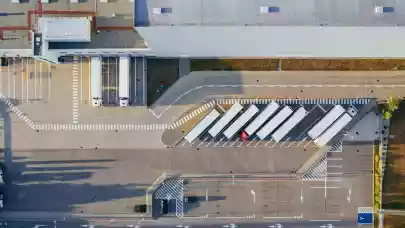
The extensive power outage that has paralysed parts of the Czech Republic on Friday is reopening the issue of energy security. Thousands of households and hundreds of companies have been left without power, some for tens of minutes, others for longer.
Metro stations, hospitals, office centres and manufacturing plants have stopped operating in some places. Experts are pointing to one solution that can overcome similar situations: battery energy storage.
"Overloading the transmission system or the failure of one of the key sources can cause a domino effect in a matter of seconds. Those who have their battery storage are not affected by outages. In a crisis, they can immediately switch to backup operation and keep key technologies, lighting, cooling and IT infrastructure running," says Pavel Bursa from Resacs.
Battery storage is no longer the domain of large industrial players. Modern technologies allow installation even in family homes or municipal buildings. In companies and public institutions, it is often the key to ensuring safety, continuity of operation or protection of technology from damage.
Although the energy sector managed to stabilise the situation on Friday relatively quickly, it was clear that the risk of similar incidents would increase. The reason is the more complex European transmission system, the dependence on the weather for renewable sources, which play an increasingly important role not only in the Czech Republic but also in neighbouring Germany.
The greatest advantage is provided by battery storage in combination with photovoltaics. In the event of a grid failure, it is possible to switch to the so-called island mode and generate electricity for own needs without connecting to the distribution system. This is the model that, according to experts, will be needed more often, not only as protection against blackouts, but also as a way to be energy self-sufficient.
Modern battery storage systems no longer serve only as a backup during power outages. They also bring advantages to companies and households in situations where electricity consumption increases suddenly. At these times, the battery can supply the necessary energy without having to take it from the grid. This reduces the demands on reserved power and saves costs that would otherwise go to payments to distributors.
In larger operations, savings can reach hundreds of thousands to millions of crowns per year, and the investment in the battery itself is then returned within a few years. In addition, it is possible to earn money thanks to so-called spotting - i.e. selling energy at a time when prices on the market are the most favourable.



